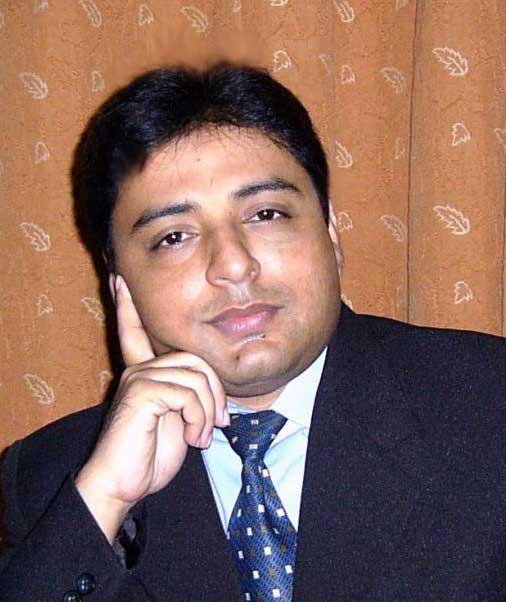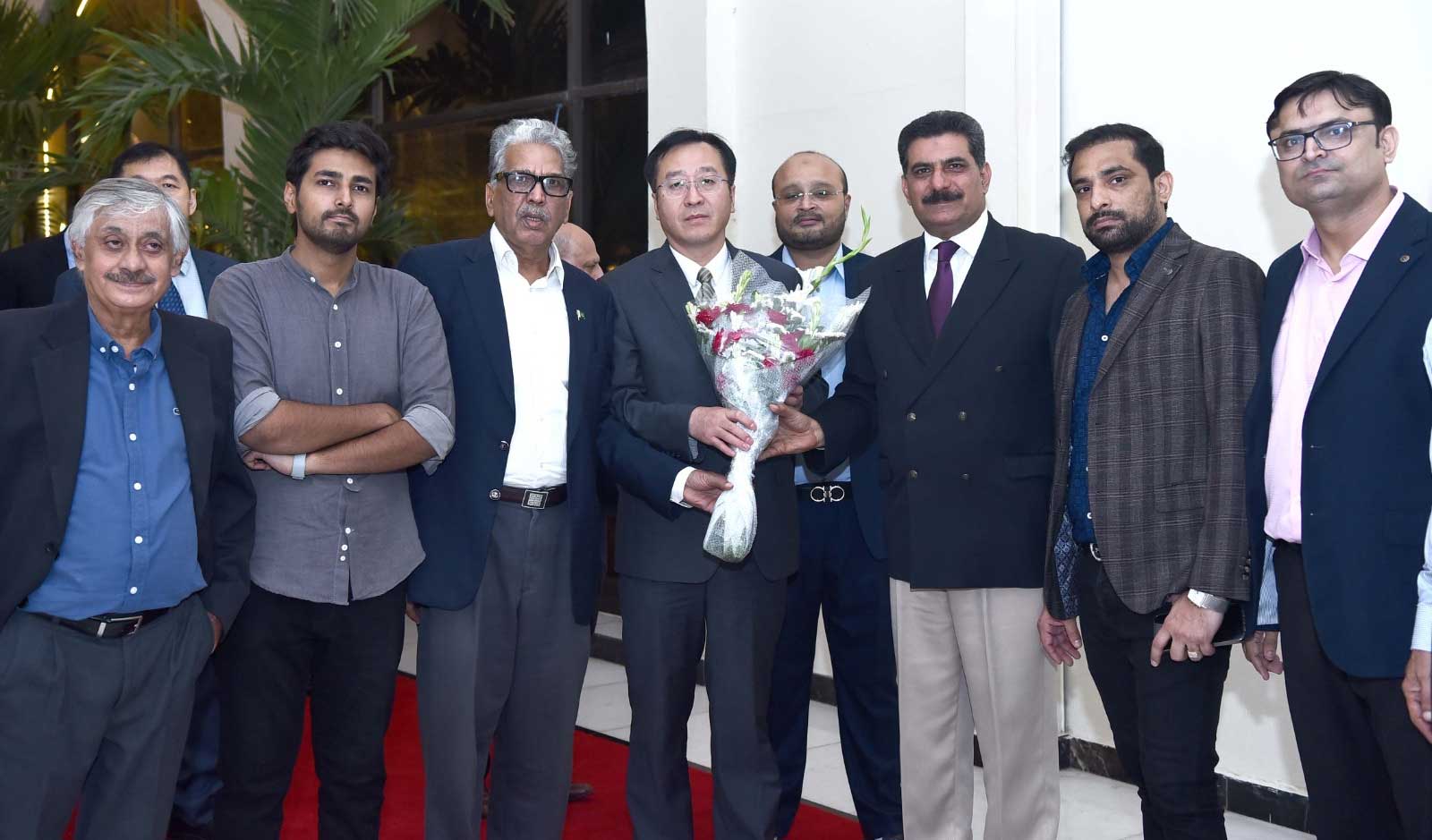Historically speaking, Pakistan’s political landscape has always been marred by suspicions, allegations, evidences of, and, above all, vivid confessions and admissions about election manipulation and interference by the establishment. As the country is heading towards another critical electoral period, in a very crucial phase of its econo-political voyage, there are growing concerns about the potential for engineered elections. While the establishment has been claiming and, to some extent, demonstrating its intents, to maintain a neutral stance, for last 12-18 months, the most recently emerging unusual political developments, once again, have triggered alarms in the society and people are fearing a comparatively more engineered and manipulated political ambience and the resultant future governments in the country. The role of media in the current scenario is also very comprehensibly apprehensive and openly mysterious; most of the channels have been persistently projecting certain least-influential individuals, groups and their every-day engagements and developments with hyperbolic and exaggerated significance and awe that heralds the elasticized future growth and role of such dwarf of the political arena.
First of all, the surge in the Pakistan Tehreek-e-Insaaf (PTI) mainstream leaders’ and office-bearers’ strange and hasty defection to other parties and forming various blocs and new parties, has raised questions about the true nature of the upcoming electoral process. It is shockingly awkward to see that after the 9th-May-incident, the certain leaders and major stakeholders of the PTI’s politics, who were expected to be dealt with the iron-hand, on the basis of their publically demonstrated involvement in planning and enticing for, and personally executing attacks on highly sensitive military premises, have been set free, and allowed and supported to form their own parties and groups to enjoy the enviable official positions, ranks, monetary returns and perks in the future set-up too. On the contrary, the brainwashed and exploited youngsters hailing from poor and lower-middle class families, who have never relished even a single minute in power or luxuries associated with the politics, have been pushed to the most horrible experiences of their lives, in the name of justice and punishment. Apparently, in the future set-up, the PML (N), too, will be set aside, along with the PTI.
Let us probe deep into the complex dynamics of Pakistani politics and examines a few more factors that may contribute to the accumulative qualms of another wangled poll. Another notable development is the extraordinary movement of junior politicians from the PTI to the Pakistan Peoples’ Party (PPP) in the province of Punjab, where the party traditionally lacks a strong, even a notable, vote bank. This trend raises eyebrows, as these politicians could have easily joined the Pakistan Muslim League-Nawaz (PML-N), headed by popular politician and statesman Nawaz Sharief, which enjoys a substantial voter-base in the province, for decades, and is considered to be the only rival of the PTI in the current political scenario of Pakistan. As the PML (N) is currently in power in the centre, the advantage of sitting government and the associated financial control and budgeting authority, too, tilts towards the PML (N). Ultimately, political success is determined by the electorate, and it is challenging to provide a definitive answer about the PPP’s future chances in Punjab without considering the specific political landscape and dynamics prevailing at the time of an election. But, the unexpected moves are giving air to the scepticism and the rumours are there that the establishment has decided to support the PPP to play its role in making the government, and to prevent the more popular party the PML (N) from coming into power, and this very plan has forced or persuaded the 2nd and 3rd tier politicians to join the PPP’s roller coaster.
Besides all this, the emergence of Jahangir Tareen, who left the PTI last year, on the scene, and his efforts and proceedings for the formation a new political or “King’s” party is a significant development, in this regard. Many defectors from the PTI have chosen to join Tareen’s party, despite his lack of a national profile. A feudal-cum-businessman-turned-politician Tareen is considered to be a financer behind the politicians or a “King Maker” more than a pure political leader. Jahangir Tareen’s ability to secure his personal seat without the platform of a major party is questionable because he, along with his other equally influential cousins, in the tail region of the South Punjab, have always won their respective seats on the basis of a combination of personal vote-bank and the main stream party’s vote-bank; they have enjoyed affiliation with and have won their seats with the support of all the three major parties, from time to time. The question is if Tareen manages to secure his seat in his constituency on the basis of his personality and position, will he be able to persuade the voters in all over the province or the country to vote for his nominated candidates?
Here, it is worthy of mentioning that most of the politicians, who are his likely or would-be party members, too, are not very stalwarts or known national or even regionally recognised icons. Political parties provide a broader support base, resources, and visibility that are crucial for winning elections. Therefore, the willingness of politicians to join smaller parties or new factions suggests the existence of external influence or inducements that outweigh the benefits of a more established party. One thing is out of question and that is the vote-bank of the PTI is actually the vote of Imran Khan only and, without IK, or at least his moral and political support, the PTI is just like a non-existing phenomenon. This raises questions about the forces at play behind these political realignments. Some suggest that there might be external pressure or inducements motivating politicians to join parties that lack a major vote bank.
Last, but not the least, is the Pervaiz Elahi twist in the plot or the story that is another shadowy episode in the ongoing drama being screened on the national horizon, with quick shifts in the political, judicial and constitutional climax and anticlimax. Some seasoned politicians predicted it even 15-18 months before that the role of the PML (Q) will be highly important and Mr. Pervaiz Elahi would be a future beneficiary. His every step and political move would be a part of the script and not a natural one; it is worthy of mentioning, here, that despite the escape of pure and real PTI leaders and office-bearers, he, the mercenary in the party, has not yet left Imran Khan and the PTI, instead he has, time and again, reiterated his resolution to stand by the PTI. His unbelievable failures-to-arrest suddenly turned to an easily-managed-arrest, and the sequential developments of his cases are highly perceptible and detectable secrets. Are we living in the same country? More than one junior judges of the grade 18-19 repeatedly resist the strong and well-planned moves of the governments and the establishment and throw away the cases and simply acquit the person, got arrested after so many days and repeated adventures, within minutes.
The most recent development, the acquittal-without-bail incident, of former minister Yasmeen Rashid, in a case of terrorism, has also left behind a track of queries. She was being presented before us, by the media and the state machinery, as one of the main culprits with strong evidence against her. And, till now, she has not conducted any press conference about leaving the dirty politics of the PTI and Imran Khan. So wait for the mist to disperse and let the scene be clearly visible to the poor, but anxious masses.
To drive home the point, it is possible to stop election engineering in Pakistan. However, it will require a concerted effort from all stakeholders. The government, the ECP, civil society, and the media all have a role to play in ensuring that elections are free and fair. The historical manipulation of elections and the existence of vested interests complicate the democratic process, hindering the development of a truly representative government. It is essential for all stakeholders, including the army, establishment, and political parties, to uphold democratic principles and ensure a transparent and fair electoral process that allows the will of the people to prevail. Only then can Pakistan and its all institutions move towards a more stable and inclusive political future.
Heading towards another engineered set-up?




